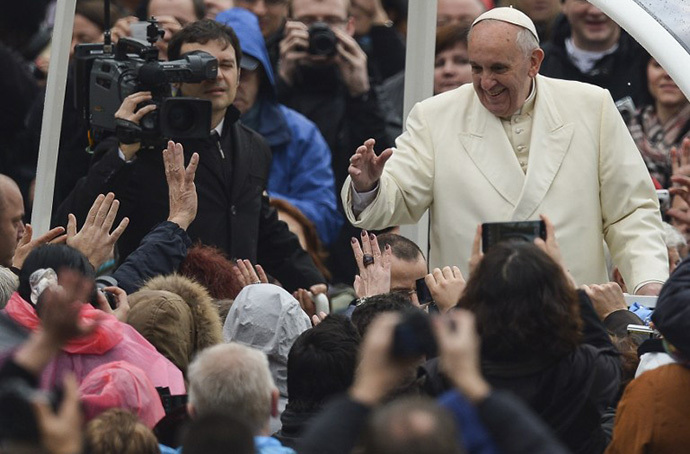Sheriffs and Larry Klayman,
So Government Officials can claim the Hoodlums that come after you or me can be declared as undercover Government Officials, and therefore trying to STOP anyone of a crime could be going after the FEDS, and that is a crime in itself!
Maybe it is time for you to make a survey of the government officials if they approve of the NDAA and for the President to be the Exclusive Authority to have Americans Arrested and NOT Charged with a crime!
By the way, Judges will NEVER see these Americans as there WILL NOT BE A TRIAL!
The National Defense Authorization Act (NDAA) Does allow the President to Order the "indefinite detention of American citizens without due process," as well as ANYTHING ELSE he wants Including Their Execution!
The National Defense Authorization Act of 2013 passed the Senate with a 98-0 vote.
http://www.policymic.com/articles/20835/why-the-ndaa-bill-is-even-scarier-than-you-thought
1. The Indefinite Detention Clause: The NDAA has become the most controversial element of President Obama's foreign policy. Section 1021 of the NDAA bill of 2012 allowed for the "indefinite detention of American citizens without due process at the discretion of the President." Section 1021 has been challenged as a violation of constitutional principles and the United States Bill of Rights.
Dan
So Government Officials can claim the Hoodlums that come after you or me can be declared as undercover Government Officials, and therefore trying to STOP anyone of a crime could be going after the FEDS, and that is a crime in itself!
Maybe it is time for you to make a survey of the government officials if they approve of the NDAA and for the President to be the Exclusive Authority to have Americans Arrested and NOT Charged with a crime!
By the way, Judges will NEVER see these Americans as there WILL NOT BE A TRIAL!
The National Defense Authorization Act (NDAA) Does allow the President to Order the "indefinite detention of American citizens without due process," as well as ANYTHING ELSE he wants Including Their Execution!
The National Defense Authorization Act of 2013 passed the Senate with a 98-0 vote.
http://www.policymic.com/articles/20835/why-the-ndaa-bill-is-even-scarier-than-you-thought
1. The Indefinite Detention Clause: The NDAA has become the most controversial element of President Obama's foreign policy. Section 1021 of the NDAA bill of 2012 allowed for the "indefinite detention of American citizens without due process at the discretion of the President." Section 1021 has been challenged as a violation of constitutional principles and the United States Bill of Rights.
Dan












